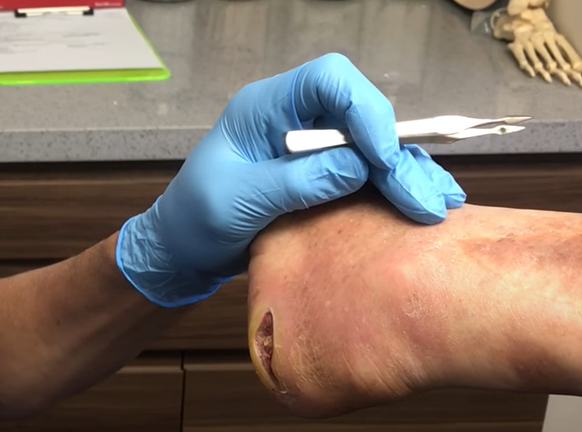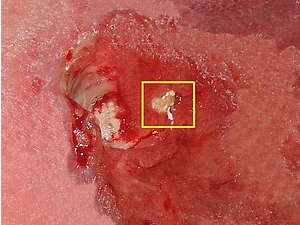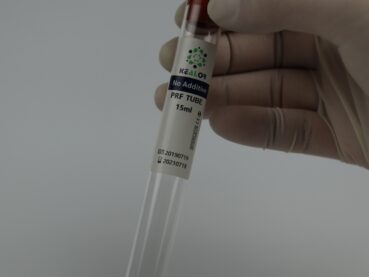Chronic wounds are a common and persistent problem that can significantly impact a patient’s quality of life. These wounds can be challenging to treat and often require a multifaceted approach to promote healing. Platelet-rich plasma (PRP) therapy is a relatively new treatment option that has shown promising results in the management of chronic wounds.
What is PRP Therapy?
PRP therapy is a regenerative medicine treatment that involves using a patient’s own blood to promote healing. The blood is processed to concentrate the platelets, which are then injected into the affected area. Platelets contain a variety of growth factors that promote tissue regeneration and healing.
How Does PRP Therapy Help Chronic Wounds?
Chronic wounds are characterized by an imbalance in the body’s natural healing process. PRP therapy helps to restore this balance by promoting the growth of new tissue and reducing inflammation in the affected area. The growth factors found in platelets stimulate cell proliferation and angiogenesis, which promotes the formation of new blood vessels and tissue regeneration.
PRP therapy can be used as a standalone treatment or in combination with other therapies, such as debridement, negative pressure wound therapy, and wound dressings. When used in combination with these therapies, PRP therapy can enhance their effectiveness and accelerate the healing process.
What Types of Chronic Wounds Can PRP Therapy Help?
PRP therapy has been used to treat a variety of chronic wounds, including:
Diabetic ulcers: Diabetic ulcers are a common complication of diabetes that can be difficult to treat. PRP therapy has been shown to be effective in promoting the healing of diabetic ulcers.
Venous ulcers: Venous ulcers are a type of chronic wound that are caused by venous insufficiency. PRP therapy has been shown to improve the healing of venous ulcers by promoting tissue regeneration and reducing inflammation.
Pressure ulcers: Pressure ulcers, also known as bedsores, are a common complication in patients who are bedridden or have limited mobility. PRP therapy has been shown to improve the healing of pressure ulcers by promoting tissue regeneration and reducing inflammation.
Surgical wounds: PRP therapy has been used to promote the healing of surgical wounds, particularly in patients who are at high risk of developing complications.
Benefits of PRP Therapy for Chronic Wounds
PRP therapy offers several benefits for patients with chronic wounds, including:
Non-surgical: PRP therapy is a non-surgical treatment that does not require general anesthesia or incisions.
Safe: Because PRP therapy uses a patient’s own blood, there is no risk of allergic reaction or rejection.
Effective: PRP therapy has been shown to be effective in promoting healing and reducing the risk of complications in patients with chronic wounds.
Minimal side effects: PRP therapy has minimal side effects, with most patients experiencing only mild discomfort at the injection site.
Conclusion
PRP therapy is a promising new treatment option for patients with chronic wounds. This therapy offers a safe and effective alternative to traditional wound care treatments, with minimal side effects and a high success rate. If you or a loved one is suffering from a chronic wound, talk to your healthcare provider to see if PRP therapy is right for you.








